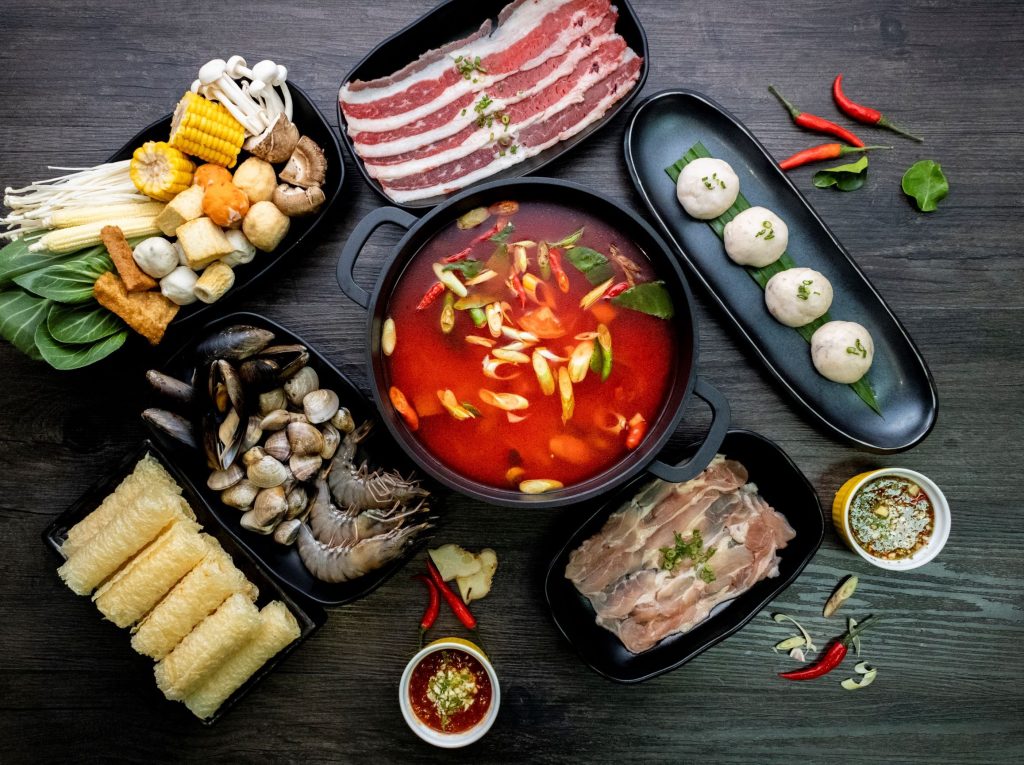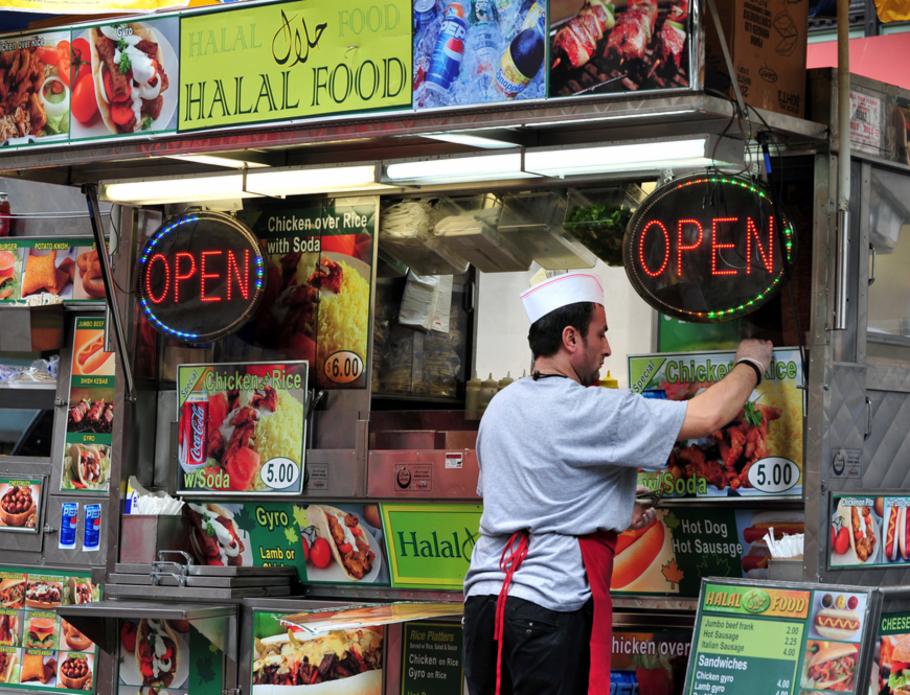In an increasingly interconnected world, the search for familiar tastes and culturally specific provisions often leads us down fascinating culinary paths. For the discerning Muslim consumer, the quest for halal food extends beyond mere dietary restrictions; it’s about cultural comfort, community, and the assurance of ethical sourcing. The convenience and cultural resonance of a Nepali halal shop near me, and the exciting, evolving landscape of Tokyo halal restaurants.

The Comfort of Nepali Halal Shop Near Me: A Bridge to Home
Imagine living in a bustling city, far from the familiar sights and sounds of Nepal. The aroma of spices, the warmth of home-cooked meals – these are often missed. For the Nepali Muslim diaspora, the emergence of Nepali halal shops in various corners of the world has been a true blessing. These aren’t just mere grocery stores; they are vibrant cultural hubs, offering a taste of home and a sense of community.
More Than Just Groceries:
A Nepali halal shop near me is typically a treasure trove of ingredients essential for authentic Nepali cuisine, all guaranteed to be halal. You’ll likely find a diverse array of lentils, rice varieties specific to the region, and an impressive selection of spices – from timmur (Sichuan pepper) to jimbu (Himalayan herb). Beyond raw ingredients, these shops often stock ready-to-eat Nepali snacks like sel roti (rice bread) or aalu chop (potato fritters), and sometimes even pre-marinated halal meats ready for traditional curries.
Cultural Hubs and Community Connections:
Beyond the culinary offerings, these shops serve as vital community centers. They are places where Nepali expatriates can connect, share news, and maintain cultural ties. The shop owners often become informal community leaders, offering advice, facilitating connections, and even organizing cultural events. For newcomers, finding a Nepali halal shop near me can be one of the first steps in settling into a new environment, providing a sense of belonging and a connection to their heritage.
The Growing Demand:
The proliferation of such shops is a testament to the growing global Nepali diaspora and the increasing demand for halal-certified products. As more Nepalis migrate for work or study, the need for culturally appropriate and religiously compliant food sources becomes paramount. These shops fill a crucial gap, ensuring that individuals can adhere to their dietary requirements without sacrificing the flavors of their homeland. The search query Nepali halal shop near me reflects this universal need for convenience and cultural connection in an increasingly mobile world.
Tokyo’s Halal Restaurant Scene: A Fusion of Tradition and Innovation
Tokyo, a city renowned for its culinary excellence and diverse gastronomic offerings, might not be the first place that comes to mind when one thinks of halal food. However, as Japan opens its doors to more international visitors and residents, particularly from Muslim-majority countries, the Tokyo halal restaurant scene has witnessed a remarkable transformation and growth.
Beyond Just Kebabs:
While kebab shops are a common entry point for halal cuisine in many non-Muslim countries, Tokyo’s halal restaurant landscape is far more sophisticated and varied. It reflects the city’s overall culinary adventurousness. You’ll find a surprising array of options, from authentic Indian and Pakistani restaurants offering rich curries and tandoori breads, to Indonesian and Malaysian eateries serving flavorful rendang and nasi goreng.
Japanese Cuisine Goes Halal:
Perhaps the most exciting development in Tokyo’s halal scene is the increasing availability of halal Japanese cuisine. This is a significant step, as traditional Japanese dishes often contain mirin (rice wine) or sake, which are not permissible in Islam. Dedicated Tokyo halal restaurant are now offering halal ramen, sushi, tempura, and even wagyu beef, meticulously prepared to meet halal standards. This innovation allows Muslim visitors and residents to fully immerse themselves in Japan’s unique culinary heritage without compromising their faith.

Driving Factors:
Several factors contribute to this boom. The most significant is the rising number of Muslim tourists visiting Japan, especially with major international events like the Olympics (though the timing for the last one was off due to COVID, the infrastructure development for it still remains). Furthermore, Japan’s growing foreign resident population includes a significant number of Muslims, creating a sustained local demand. Japanese businesses are increasingly recognizing the economic potential of the halal market and are actively working to cater to its needs.
Navigating the Scene:
For those searching for a Tokyo halal restaurant, resources like online directories, dedicated halal food blogs, and smartphone apps are invaluable. Many restaurants now clearly display their halal certification, or indicate if they offer a halal-friendly menu, often using separate
cooking utensils and preparation areas to avoid cross-contamination. This transparency is crucial for building trust with Muslim consumers.
The Interconnectedness of Global Halal Cuisine The existence and growth of both Nepali halal shops near me and Tokyo halal restaurants highlight a broader global trend: the increasing availability and diversification of halal food options worldwide. This isn’t just about catering to religious dietary laws; it’s about fostering inclusivity, understanding, and celebrating cultural diversity through food.